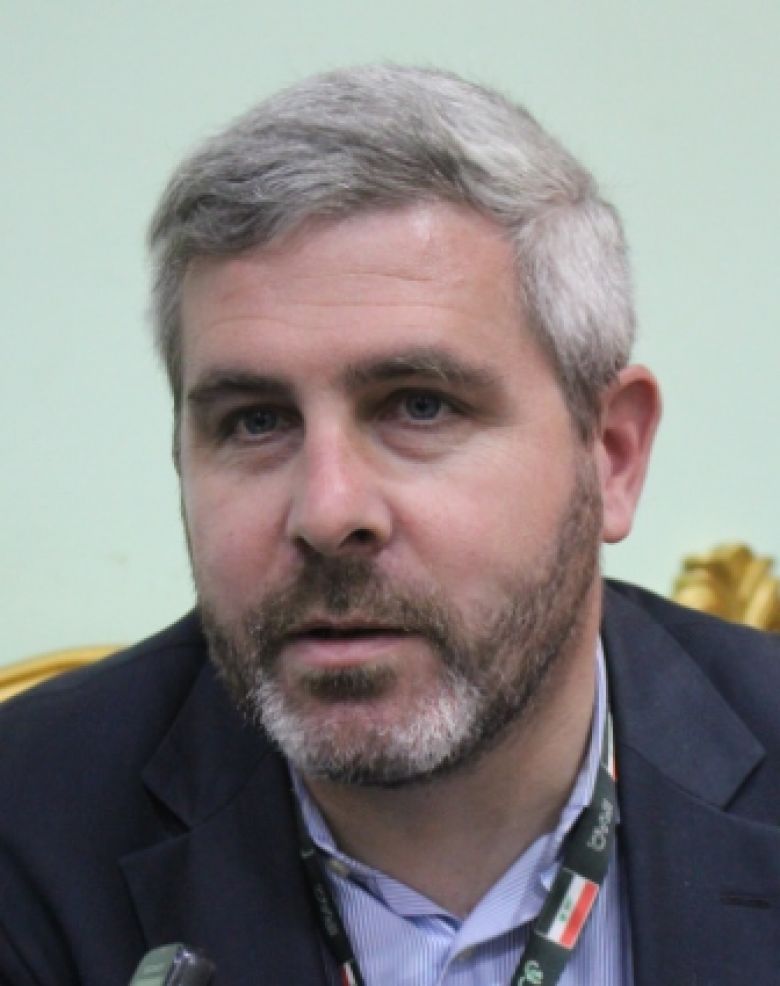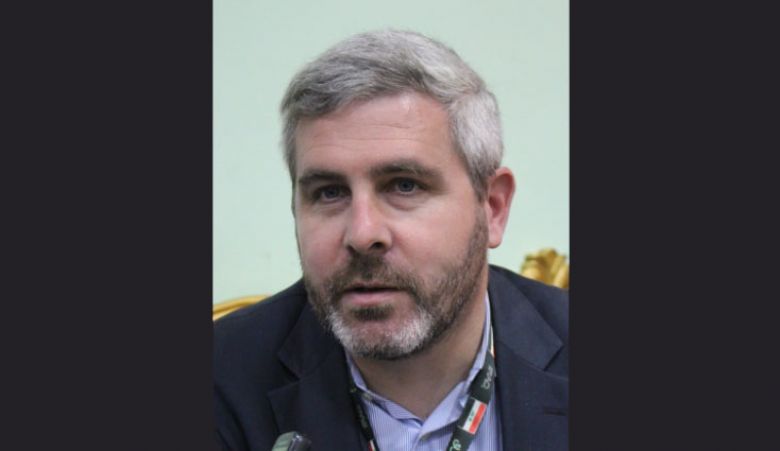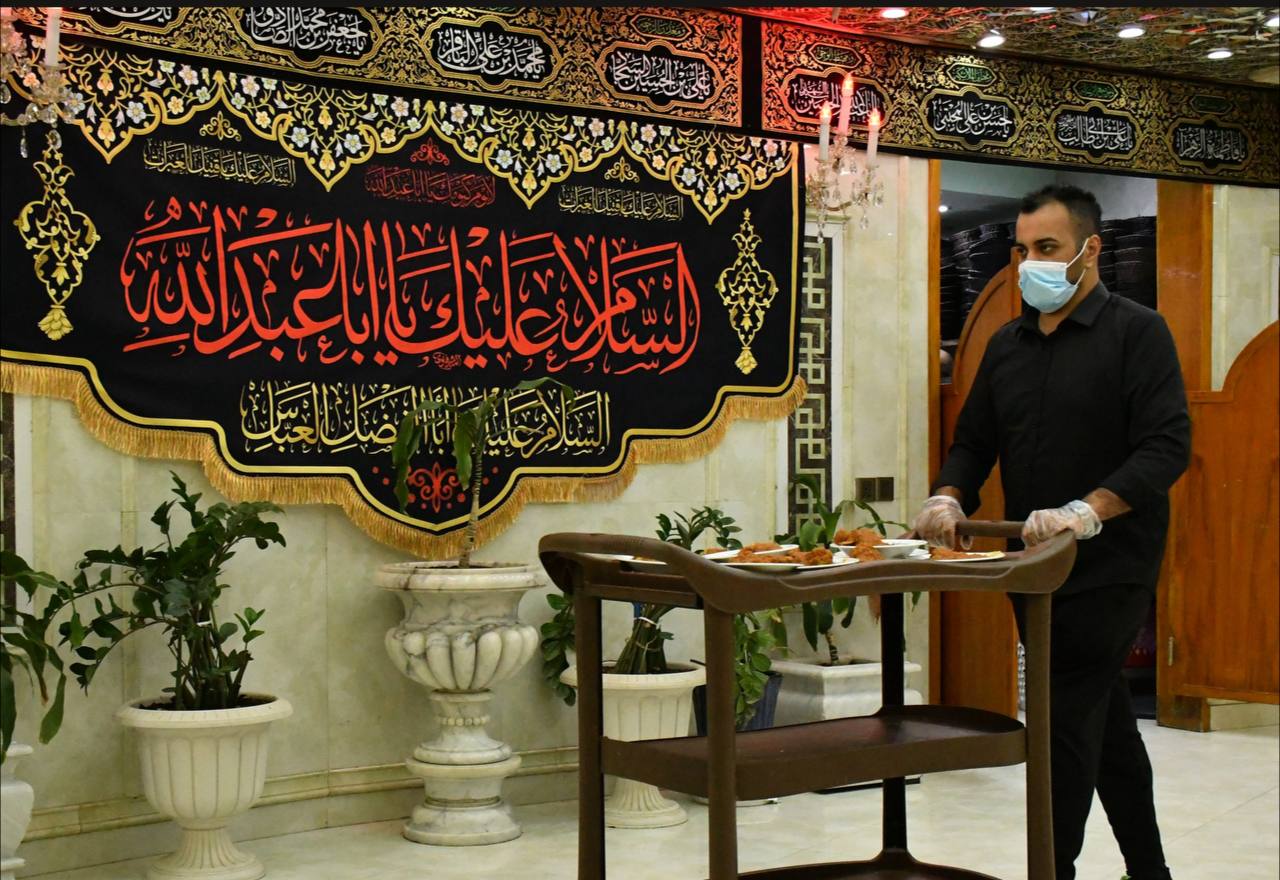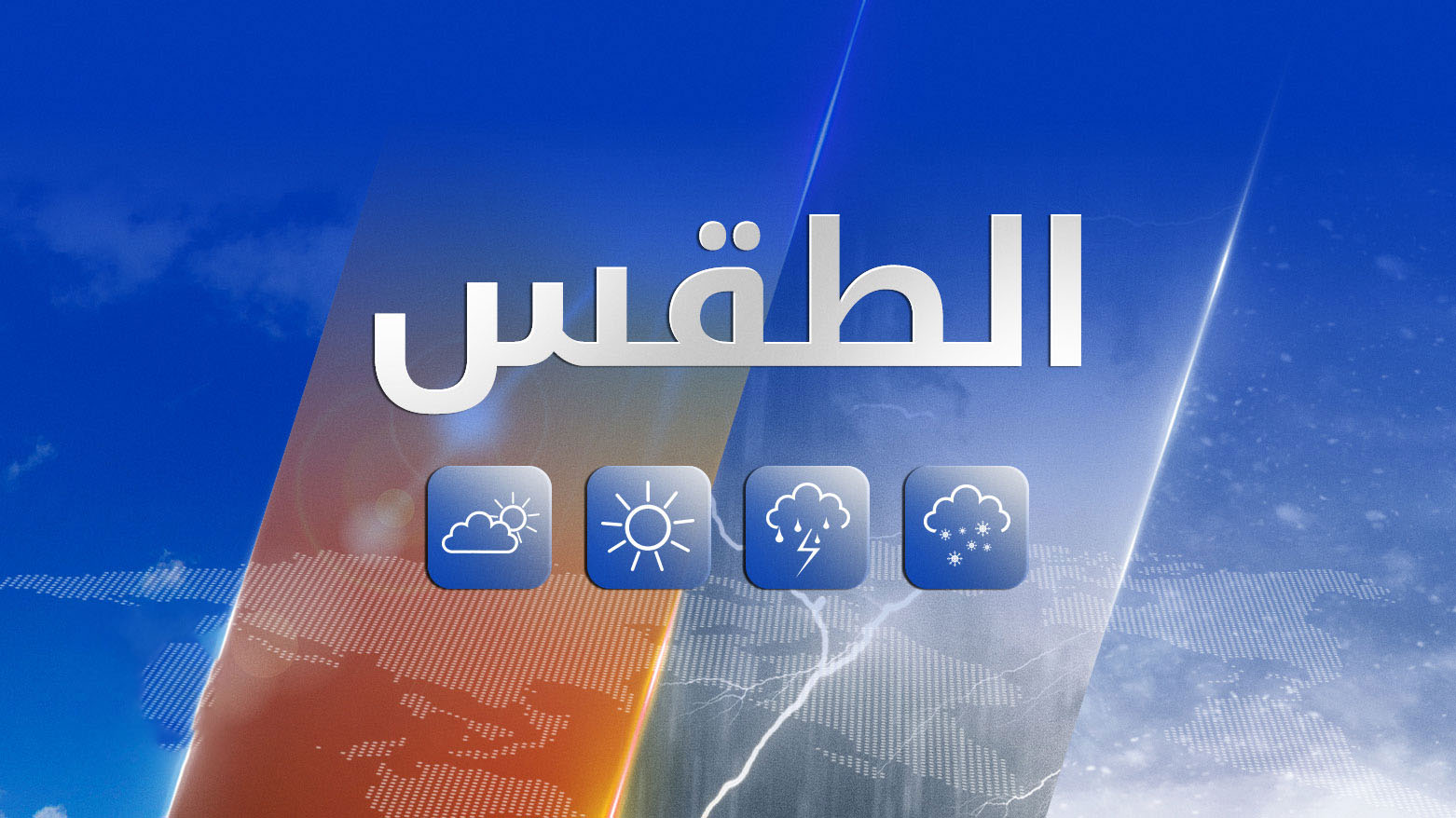Legal advisor at the UN: Peaceful coexistence is a core issue that reflects an understanding completely different from extremist ideology
Peaceful coexistence is considered a central issue in the essence of forming societies, as its resonance – whether positive or negative – has its impact on forming relationships between individuals or nations alike.
Pierre Emmanuel, French legal advisor at the UN told the International Media Center, "Indeed, peaceful coexistence is an essential case, as we witnessed in past years, especially in Iraq and Syria and some Middle Eastern countries, the development of the terrorist or extremist ideology. It is imperative for the person that follows the religion of Islam to observe and examine the writings of Imam al-Sajjad."
"Part 50 of the Treatise on Rights, which talks about the rights of religious minorities in Islam, proves religious tolerance within the Islamic framework.”
Emmanuel continues saying, “Imam al-Sajjad’s Treaties on Rights contains invaluable concepts, and at the same time I find it very simple and organized with morals directed to all humanity. It should be translated to the whole world to ensure the political, social and individual rights, as well as the religious rights for people from different religious backgrounds.”
The French legal advisor at the UN pointed out that although the text is old, it can be updated and developed by researchers and scholars specializing in human relations, coexistence and international law.
Regarding the French media and society’s view of the events that Islam and Muslims are subjected to, Emmanuel remarked, “In reality, this issue is complicated because the French media and public opinion possess very limited knowledge about the reality of Islam, and the distortions it is exposed to by some extremist institutions that claim to be Islamic. The French society has a confused understanding and cannot properly differentiate whether the terrorist acts carried out by ISIS match the teachings of Islam or not.”
According to Emmanuel, “this falls under the extremist ideology, especially since there are millions of Muslims in France, and as a result of historical and ethnic circumstances, you find them more vulnerable to extremist tendencies. For this reason, a number of French Muslims left to join ISIS in Syria.”
About the role of the religious edict of Grand Ayatollah Sistani, the UN advisor says, "It is known that this religious edict, or fatwa, was issued by the Supreme Religious Authority in Iraq, and it greatly contributed to mobilizing people from different religious backgrounds to retrieve the land taken by ISIS terrorists. After the liberation of Iraq from ISIS, the French public opinion did not ignore this fatwa, but rather it was the focus of attention through what was reported by the media while highlighting the role of the holy shrines in providing support to the volunteer forces to spread peaceful coexistence among Iraqis."
After his participation in festivals organized by Imam Hussain Holy Shrine and the impression he generated, Emmanuel says, "There are two things that must be revealed to the French society, first, we can go to Iraq at any time and we can go to all the provinces that carry historical and cultural heritage, especially since Iraq is the source of civilization. The second thing is working to explain the role of the holy shrines, which is considered an example of coexistence and stability, while at the geographical level, Iraq has great economic status and I think this is the right time for French companies to invest and participate in the reconstruction of Iraq after it has been stopped for years."
Islam is the second-most widely professed religion in France behind Christianity. The percentage of Muslims is between 7-9%, or about 6 million.






